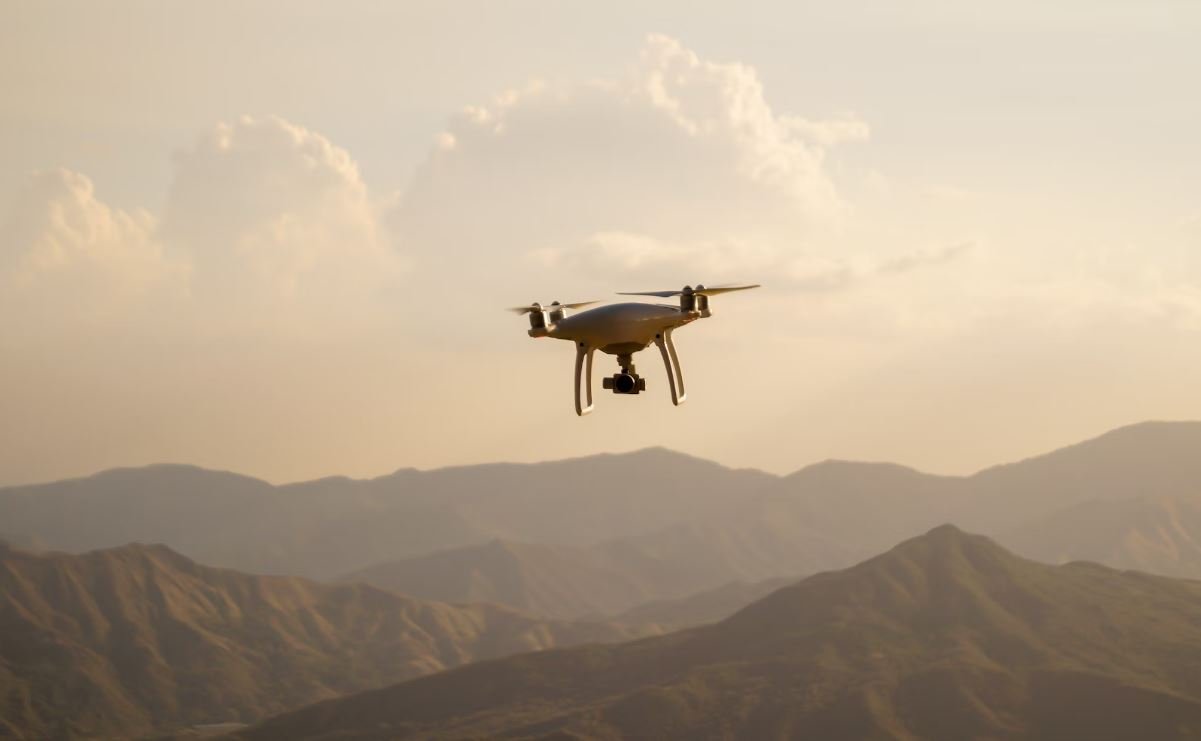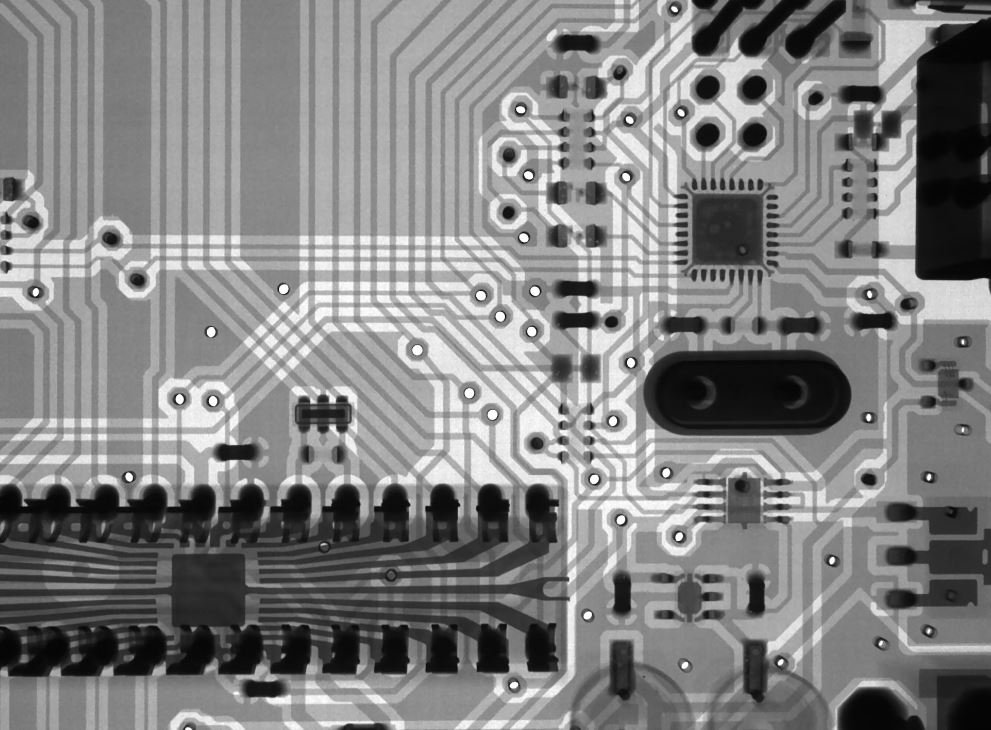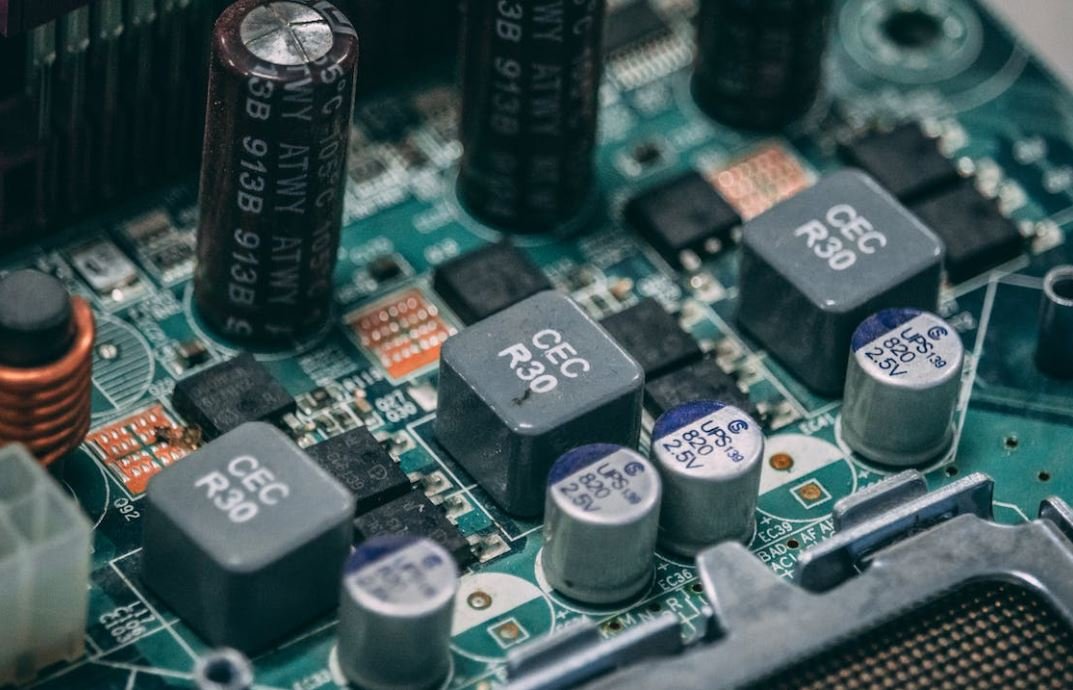Where Did Artificial Intelligence Start
Artificial Intelligence (AI) is a rapidly advancing technology that is transforming various industries and facilitating new possibilities. But where did it all begin? Let’s dive into the roots of AI and explore its evolution over time.
Key Takeaways
- AI has its roots in ancient myths and stories.
- The modern concept of AI emerged in the mid-20th century.
- AI has experienced significant advancements in recent decades.
The Early Beginnings
The idea of creating intelligent machines can be traced back to ancient myths and folklore, where beings with artificial or supernatural intelligence were portrayed. These stories, such as the Greek myth of Talos, laid the foundation for the concept of artificial beings capable of human-like actions and abilities.
The Emergence of Modern AI
The modern concept of AI started taking shape in the mid-20th century with the development of electronic computers. Researchers and scientists began exploring the possibility of creating machines that could simulate human intelligence. The field of AI gained significant attention in 1956 when a group of pioneers organized the Dartmouth Conference, effectively marking the birth of AI as a scientific discipline.
The AI Boom and AI Winter
*AI experienced a boom in the 1980s, with increased funding and rapid progress in various domains. *However, this period was followed by an “AI Winter” in the late 1980s and early 1990s, characterized by reduced funding and interest due to overhyped expectations and failure to deliver on certain promises.
Recent Advancements
In recent years, *AI has made significant strides in various fields, thanks to advancements in hardware capabilities, algorithmic improvements, and the availability of vast amounts of data. *Machine learning, a subfield of AI, has become a driving force behind many breakthroughs, enabling computers to learn from data and improve their performance over time.
Applications of AI
AI finds applications in diverse industries such as healthcare, finance, transportation, and entertainment. *In healthcare, AI is being utilized for diagnosing diseases, analyzing medical images, and discovering new drugs. *In finance, AI algorithms are employed for fraud detection, automated trading, and risk assessment.
Future Prospects
*AI continues to evolve at a rapid pace, with new discoveries and innovations constantly pushing the boundaries of what is possible. *The future of AI holds promises of further advancements in areas such as robotics, natural language processing, and autonomous systems, which would have a profound impact on society and reshape the way we live and work.
A Snapshot of AI’s Evolution
| Decade | Key Milestones |
|---|---|
| 1950s |
|
| 1970s |
|
| 1990s |
|
| 2010s |
|
The Impact of AI on Various Industries
| Industry | AI Applications |
|---|---|
| Healthcare |
|
| Finance |
|
| Transportation |
|
In conclusion, the roots of artificial intelligence can be traced back to ancient stories and myths, but its modern development began in earnest in the mid-20th century. AI has experienced significant advancements and setbacks throughout its history, with recent years witnessing remarkable progress in various domains. The future of AI holds both excitement and possibilities as the technology continues to evolve and transform numerous industries.

Common Misconceptions
Misconception 1: Artificial intelligence started with computers
One common misconception is that artificial intelligence started with the advent of computers. While it is true that computers and advanced technologies have greatly accelerated the field of AI, the notion of creating intelligent machines predates computers by centuries.
- AI can be traced back to ancient Greek myths of animated statues and automatons.
- The concept of machines imitating human behavior can be found in ancient Chinese and Egyptian texts.
- The formal beginnings of AI can be attributed to the Dartmouth Conference held in 1956, where the term “artificial intelligence” was coined.
Misconception 2: AI is only about robots
Another misconception around AI is that it is solely concerned with building physical robots that can think and act like humans. While robots are an important aspect of AI research and development, AI is not limited to just robotics.
- AI is concerned with designing algorithms and systems that can perform intelligent tasks, such as speech recognition, image processing, and data analysis.
- Many AI applications are software-based, powering virtual assistants, search engines, recommendation systems, and more.
- AI is also involved in fields like natural language processing, expert systems, and machine learning.
Misconception 3: AI will replace humans
There is a common fear that AI will eventually replace human jobs and lead to widespread unemployment. While AI can automate certain tasks, the notion that it will completely replace humans is an exaggeration.
- AI is designed to augment human capabilities rather than replace them entirely.
- AI technologies create new opportunities by automating repetitive tasks and allowing humans to focus on more complex and creative work.
- AI is best suited for tasks that require speed, accuracy, and large-scale analysis, while human expertise is valuable in areas that require critical thinking, empathy, and social skills.
Misconception 4: AI is all-powerful and can solve any problem
Contrary to popular belief, AI is not a magical solution that can solve any problem thrown at it. There are limitations and challenges associated with the field of AI.
- AI systems are only as good as the data they are trained on, and biases present in the data can result in biased outputs.
- AI algorithms can struggle with complex reasoning, retaining context, and understanding nuances of human language and emotions.
- AI requires continuous learning and updates to keep up with evolving knowledge and changing environments.
Misconception 5: AI is a recent invention
Although AI has gained significant attention in recent years, the concept and pursuit of artificial intelligence have been around for much longer.
- The idea of creating intelligent machines has been present in literature and mythology for centuries.
- Alan Turing’s work in the 1940s and the Dartmouth Conference in 1956 laid the foundations for modern AI research.
- Early AI breakthroughs, like the expert systems of the 1970s, paved the way for subsequent advancements in machine learning and neural networks.

Introduction
As we delve into the origin and development of Artificial Intelligence (AI), it is fascinating to explore the milestones that have shaped this burgeoning field. From humble beginnings to remarkable breakthroughs, AI has come a long way. Here, we present ten captivating tidbits showcasing the fascinating history of AI.
Table 1: Alan Turing and the First Intelligent Machine
Imagine a machine that can exhibit intelligent behavior indistinguishable from that of a human. In 1950, Alan Turing proposed a test, known as the “Turing Test,” to assess the machine’s ability to exhibit intelligent responses. This remarkable concept laid the foundation for the development of AI.
Table 2: The Birth of Neural Networks
Inspired by the remarkable computational abilities of the human brain, the concept of artificial neural networks emerged. In 1958, Frank Rosenblatt invented the first functioning neural network, called the Perceptron. This breakthrough opened new avenues for AI research.
Table 3: The Dawn of Expert Systems
In the 1960s, the idea of expert systems gained prominence. These systems could collect and store vast amounts of knowledge to provide intelligent solutions in specific domains. The development of expert systems marked a significant milestone in AI, allowing machines to mimic human expertise.
Table 4: The Advent of Machine Learning
Machine learning, a subfield of AI, empowers computers to learn from data and improve their performance without explicit programming. In the 1980s, the development of machine learning algorithms, such as decision trees and neural networks, revolutionized AI research, paving the way for its future advancement.
Table 5: The Influence of Big Data
In recent years, the exponential growth of data has profoundly impacted AI. The availability of large data sets has enabled machines to learn and make intelligent decisions at an unprecedented scale. AI’s progress owes much to the deluge of data that has been harnessed for training algorithms.
Table 6: Natural Language Processing Breakthrough
Understanding and interpreting human language is a complex task for machines. In the early 2000s, significant advancements in natural language processing (NLP) made it possible for machines to comprehend and generate human language more effectively than ever before. This breakthrough opened the door to AI-powered voice assistants and language translation.
Table 7: AI Powers Autonomous Cars
The development of self-driving cars represents a remarkable intersection of AI and transportation. Companies like Tesla, Google (Waymo), and Uber have invested heavily in autonomous vehicle technology, resulting in cars capable of navigating roads, avoiding obstacles, and making decisions like human drivers.
Table 8: Reinforcement Learning Takes the Stage
Reinforcement learning is a technique in AI that enables machines to learn through interaction with an environment. In 2013, the development of Deep Q-Network (DQN) marked a breakthrough in reinforcement learning, allowing machines to outperform humans in games like Atari. This advancement showcased the immense potential of this AI subfield.
Table 9: The Emergence of AI in Healthcare
The healthcare industry has embraced AI to develop innovative solutions. From diagnostic algorithms to personalized medicine, AI-enabled systems have revolutionized healthcare delivery. Furthermore, AI has played a vital role in predicting disease outbreaks and aiding in drug discovery.
Table 10: AI’s Future Endeavors
The future of AI holds immense promise. With ongoing advancements in robotics, computer vision, and natural language understanding, AI is set to transform various industries. From enhancing customer service to revolutionizing manufacturing processes, AI’s potential is only limited by our imagination.
The Journey Unveiled
Artificial Intelligence has come a long way since its inception, progressively achieving remarkable feats in machine intelligence and problem-solving. From Alan Turing’s pioneering work to recent breakthroughs in reinforcement learning, the tables presented here offer a glimpse into a remarkable journey filled with innovation, challenges, and extraordinary achievements. As we move forward, the pursuit of AI continues to shape the way we live, work, and explore the vast frontiers of technological advancement. With every step, the boundless potential of AI unfolds, propelling us into an era where machines and humans collaborate to create a better future.
Frequently Asked Questions
What is Artificial Intelligence?
When and where did Artificial Intelligence start?
What were the early goals of Artificial Intelligence research?
What are the different types of Artificial Intelligence?
What are some notable milestones in the development of Artificial Intelligence?
How is Artificial Intelligence currently used in various industries?
What are the ethical considerations surrounding Artificial Intelligence?
What are the current challenges in the field of Artificial Intelligence?
What is the future outlook for Artificial Intelligence?
Where can I learn more about Artificial Intelligence?




